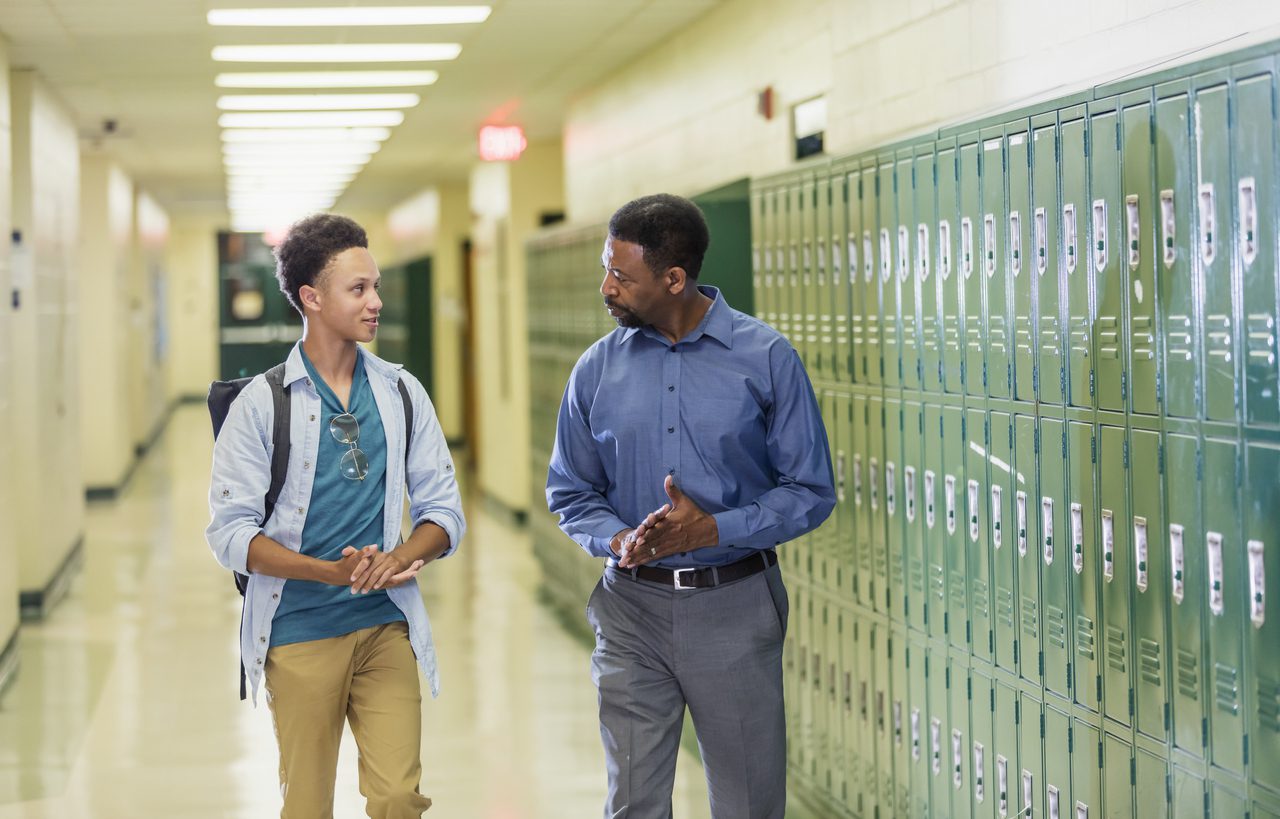My daughter is learning to sew. Her grandmother has been patiently teaching her all the steps to create a plan, set up the sewing machine, and finish the project. They recently completed a wonderful quilt. Without her grandmother’s direction, she never would have been able to begin the project, much less finish it.
Tying shoes, writing an essay, driving a car, using the Pythagorean theorem, or making a quilt—these are all skills our kids learn. They learn some at home and others at school, but for each, there is a time of training. But there are other skills kids need as they become adults—skills that are more important but not often taught. Here are 6 important things your kids need to do.
1. Make a good impression.
Whether they are in a job interview, meeting the parents of their first serious boyfriend or girlfriend, or meeting with a college professor, it will benefit our kids to make a positive impression. So make sure they know how to give a firm handshake, make good eye contact, have appropriate hygiene and clothing, speak comfortable body language, and communicate clearly.
2. Avoid drama on social media.
There is no avoiding social media. Like it or not, it is a part of our lives and it’s not going away. So we need to teach our kids how it can be used properly as an effective method of communication. But they also need to understand the perils of social media. They must be aware that once they post something, it’s out there, and it’s not just their peers viewing their posts. School administrators, college representatives, employers, and potential employers are online as well. It’s usually best to stick to this motto: “When in doubt, don’t post.”
3. Communicate properly with adults.
Communication has become very complex. We can communicate through texts, emails, phone calls, apps, and even online gaming systems. We use standard language, slang, abbreviations, code words, and emojis. We need to teach our kids to determine what type of communication is appropriate in various situations. If they are sending an email about a job or inquiring about buying a car, they should be much more formal than when they’re on Snapchat.
4. Say “yes” rather than “yeah”.
It’s a little thing we often don’t notice, but it can make a big difference. Just saying “yeah” can give a disrespectful or lazy impression, but when our kids make the effort to say “yes” instead, it shows they are engaged and care about the conversation. It also gives the impression that they pay attention to details. This can be productive when our kids are dealing with teachers, employers, and even us.
5. Avoid negative comments.
Being negative is often easier than being positive. When things go well, we take it for granted, but when things start to go wrong, it takes a lot more mental energy to come up with solutions than it does to point out the problems. It’s easy for our kids to fall into this trap, so we need to emphasize the importance of avoiding negative comments and set a good example of focusing on the positives.
6. Listen first.
Our kids have lots of ideas and opinions they want to express, and we are living in a world where they have become accustomed to expressing those opinions almost instantaneously. Unfortunately, this can lead to expressing opinions without considering the other side of the issue. Listening—truly listening—is a skill that is easily overlooked.
Sound off: What is something you have taught your kids that others may have overlooked?











Huddle up with your kids and ask, “How are you affected by negative comments? How do you think your negative comments affect others?”